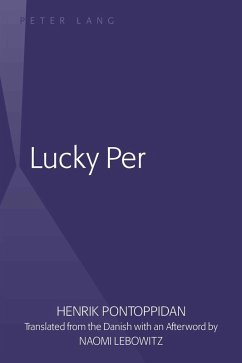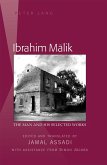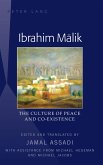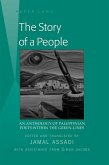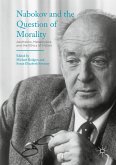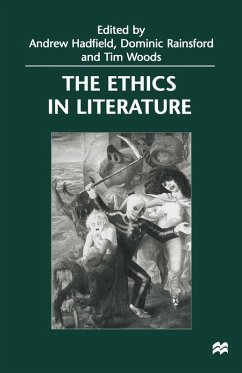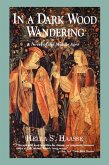Lucky Per sweeps through every social, religious, literary, and philosophical circle of the 1890s, through the politics of city power brokers, the engineering of new technology, the alien correctives of provincial complacency by the ecumenical culture and complex of Copenhagen's Jewish set, the victims of the Russian pogroms, and the cosmopolitan chastisement imported from the European capitals by the self-exiled Georg Brandes, Danish critic of huge influence and presence, and a character in the novel. The contrast between the Danish capital and provinces is matched by that between Copenhagen and Berlin. The Austrian Alps are host to a clash between a form of progressive post-Darwinian naturalism and conservative Christianity, whereas Italy mediates between comparative morality and the classical and contemporary worlds.
Pontoppidan dramatically incorporates the perspectives of the makers of early modernism, such as Brandes, Kierkegaard, Nietzsche, Ibsen, biblical prophets, and Bohemian artists. Trolls from Scandinavian fairy tales haunt the novel's realism without ever letting them bully or appropriate either the life of the fiction or the life of the protagonist from his childhood as the son of a strict Lutheran pastor through the passionate sorrows and joys that led him to his full maturity. It is a rich and riveting work of moral, metaphysical, psychological, philosophical, and literary complexity and depth, carried by a large, varied, vivid, and vibrant cast of characters of all classes and persuasions.
Dieser Download kann aus rechtlichen Gründen nur mit Rechnungsadresse in A, B, BG, CY, CZ, D, DK, EW, E, FIN, F, GR, HR, H, IRL, I, LT, L, LR, M, NL, PL, P, R, S, SLO, SK ausgeliefert werden.

